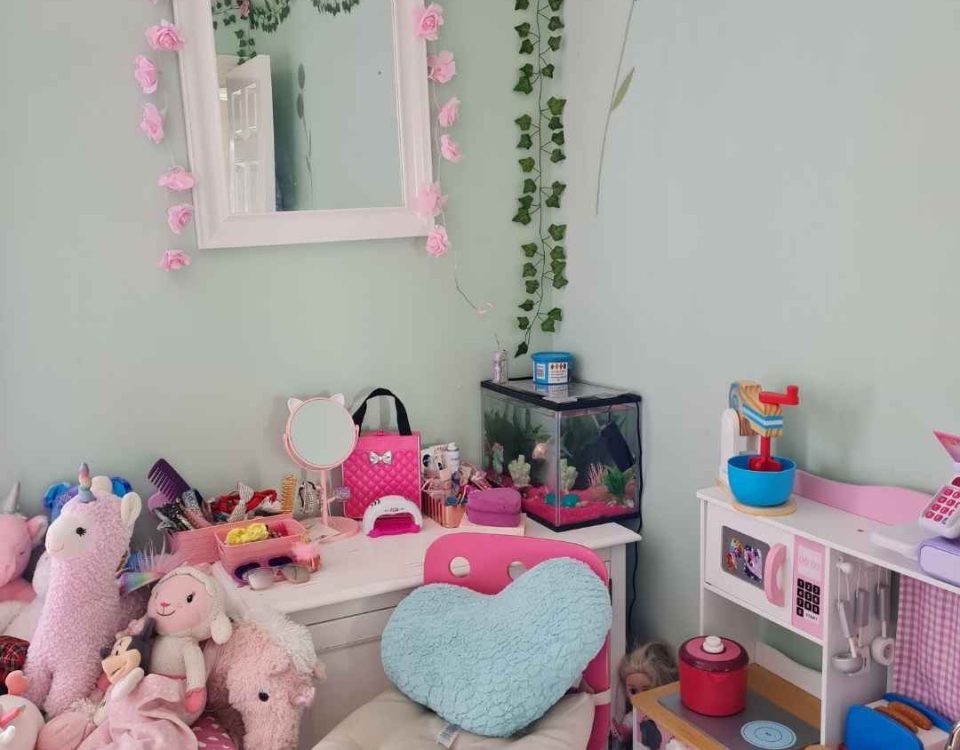This website uses cookies so that we can provide you with the best user experience possible. Cookie information is stored in your browser and performs functions such as recognising you when you return to our website and helping our team to understand which sections of the website you find most interesting and useful.
Budgeting 101: How to Create a Budget

*Ad-Paid. All opinions are my own.
Do you track your income, spending and savings? According to one poll, only around 30% of Americans maintain a detailed budget. That number could use some improvements.
Although few people keep an eye on their finances, creating a budget comes with many benefits. You’ll have complete control over your money, see how much you spend each month and gain the ability to chart your short- and long-term goals. Plus, budgeting allows you to build a safety net, enough cash to keep you afloat when unexpected expenses arise, like a trip to the ER or car repairs.
Are you ready to build your budget? Get started with the tips below.

Calculate Your Income
The first step is to look at the money you bring in. You want to use your gross income, or how much you make after taxes and other deductions. Beyond your full-time job, you may also earn cash from side gigs, such as mowing lawns, helping people with their taxes or selling baked goods.
Divide Your Expenses
Look over your past expenses — you’ll want to see at least a month’s worth — and divide them into wants and needs. Your wants are things you spend money on but don’t require, such as going out to eat, going to the movies or buying fancy shoes. Your needs are items you must pay for each month, such as your rent or mortgage, groceries, utilities, car payments, gas, student loans and insurance.
Create Your Goals
Now that you know what you’re spending and where, it’s time to decide how much you want to save. Determine three ultimate goals you have and how much money you need to achieve them. Perhaps you want to save up for a down payment on a house. Maybe you want to buy a new car. Your goals will help you calculate how much to put aside each month.
Change Your Habits
Do you want to cut back on your expenses? With a budget, it’s entirely possible. For instance, you may see that you spend $200 per month going out to restaurants. To save, you can eat more meals from home. Do you spend $150 on your electric bill each month? You can install LED lights, which use 75% less energy, or switch off the air conditioning when you leave the house.
Revisit Frequently
Check in with your budget regularly to make sure you’re staying on track. Your income and expenses can fluctuate, so it’s a good idea to make sure you’re using the right numbers. For instance, you might get a raise at work, or your landlord may increase your rent. If something changes, adjust your budget accordingly and see if you need to shift your spending habits.
Create a Budget and Start Saving
Developing a budget is the best way to understand your finances and save money. Plus, it’s easy to do. With a digital spreadsheet or a simple piece of paper, you can quickly be on your way to financial security.




